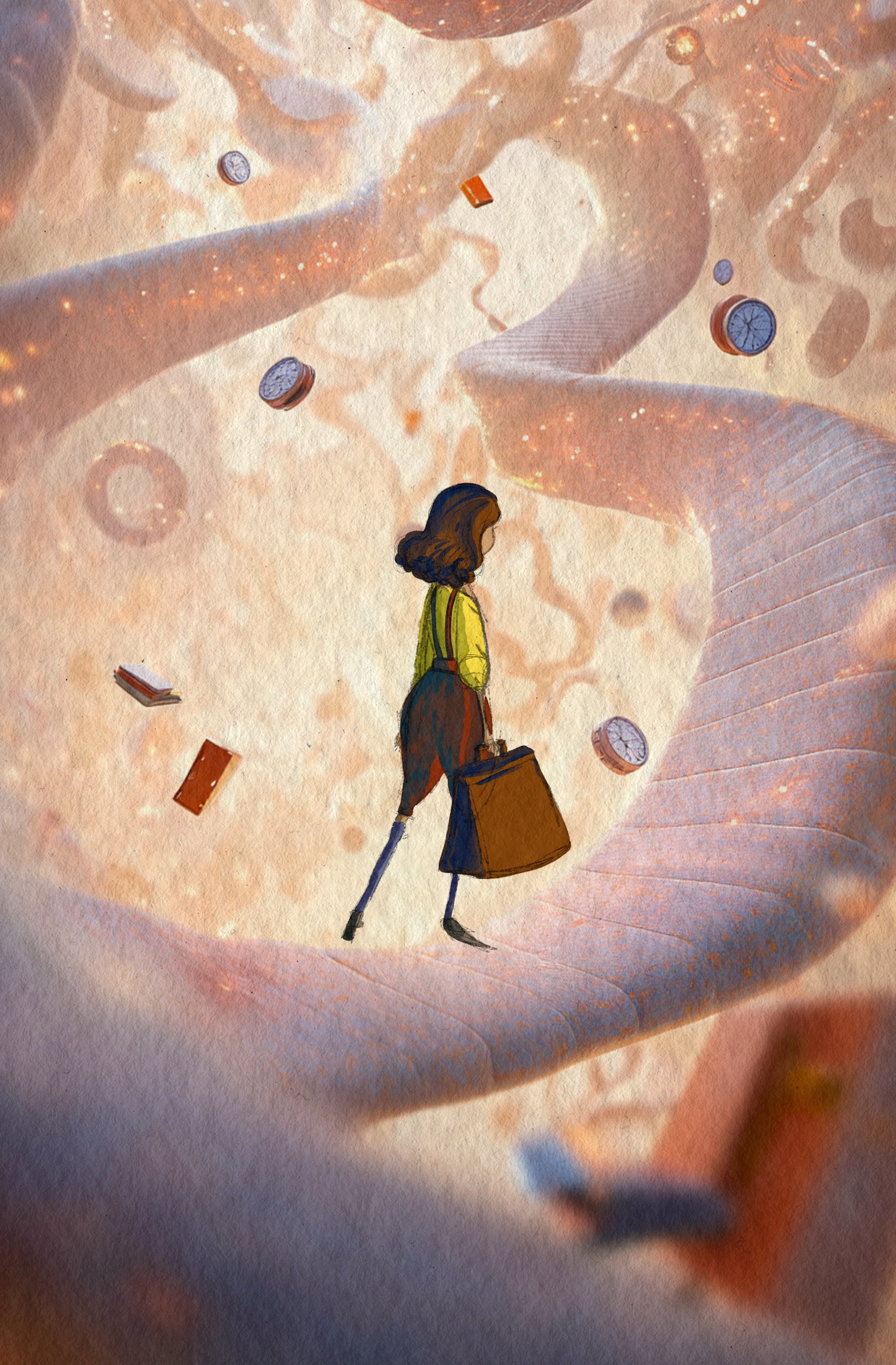Exploring Island Resilience Through the Lived Experiences of Pacific Islands People Adapting to a Global Disruption: A Comparative Case Study in the Cook Islands and the Kingdom of Tonga
Abstract
This research explored the lived experiences and perceptions of Pacific Islands’ people responding and adapting to the significant global disruption caused by the COVID-19 pandemic. The primary aim of this study was to develop a deeper understanding of the social dimensions of resilience from the perspectives of Pacific Islands’ people. While there has been growing interest in these explorations of resilience, no studies to date have explored how Pacific Islands’ communities respond and adapt to a global disruption through the lens of subjective well-being and human agency. This research addressed this using a comparative case study approach to explore the adaptive responses of people in the Cook Islands and the Kingdom of Tonga. This research used an interpretive research paradigm underpinned by a constructivist grounded theory methodology and, due to the COVID-19 travel restrictions, undertook semi-structured interviews with 25 participants in the Cook Islands and 24 participants in Tonga through the use of online video-conferencing technologies (primarily Zoom) facilitated by the development of local research partnerships. The findings indicate that the resilience of Pacific Islands people depends on their capacity to collectively act and forge networks that are simultaneously local and global, enabling the use of traditional and foreign knowledge systems in ways that support the local human capacity that enhances the self-reliance of their island societies amidst a volatile, globalised world. These insights challenge the reductionist, ahistorical, and disempowering framings of small island nations as inherently vulnerable and externally dependent by demonstrating how Pacific Islands people used various forms of situated agency and social capital to increase their bargaining power and support the social-ecological wellbeing of their communities according to their needs, interests, and priorities.
Downloads
Metrics
Copyright (c) 2023 Roxane de Waegh
Article text:

This work is licensed under a Creative Commons Attribution 4.0 International License.
Photos:
The images in Rangahau Aranga are not covered by the Creative Commons license and are subject to copyright. Permission to reproduce this material must be sought from the copyright holder concerned.






